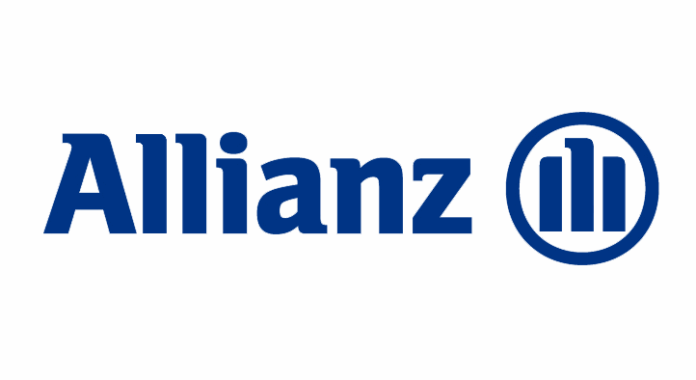Cyber Incidents: The Top Risk for Companies in 2025
In a rapidly evolving digital landscape, cyber incidents have emerged as the foremost risk for companies worldwide, according to the Allianz Risk Barometer for 2025. With 38% of respondents identifying cyber threats as their primary concern, it is evident that businesses are increasingly aware of the vulnerabilities that come with technological advancements. This article delves into the key findings of the Allianz Risk Barometer, exploring the implications of these risks and the interconnectedness of various factors affecting global businesses.
Business Interruption: A Close Second
Following cyber incidents, business interruption (BI) remains a significant concern for organizations of all sizes, ranking second in the Allianz survey. The interconnected nature of modern business means that disruptions can arise from various sources, including natural disasters, geopolitical instability, and cyber-attacks. Events like the Houthi attacks disrupting shipping routes in the Red Sea exemplify how external factors can severely impact operations and supply chains. As companies navigate these challenges, the need for robust risk management strategies becomes increasingly critical.
The Rising Tide of Climate Change
One of the most notable shifts in this year’s Allianz Risk Barometer is the rise of climate change, which has climbed from seventh to fifth place. This marks its highest position in the 14-year history of the survey. The year 2024 was recorded as the hottest on record, leading to devastating natural catastrophes, including extreme hurricanes, floods, and droughts across various regions. The economic impact of these events is staggering, with insured losses exceeding $100 billion for the fifth consecutive year. As climate change continues to pose a significant threat, businesses must adapt to mitigate its effects on their operations.
Geopolitical Turmoil and Regulatory Changes
Geopolitical risks, including the impact of government and regulatory changes, remain high on the business agenda, ranking fourth in the Allianz Risk Barometer. The potential for trade wars and protectionism is a growing concern, particularly as export restrictions on critical raw materials have increased fivefold over the past decade. Companies must remain vigilant in navigating these uncertainties, as new tariffs and regulations can significantly affect operational costs and market dynamics.
The Interconnectedness of Risks
The Allianz Risk Barometer highlights the interconnectivity of the top risks facing businesses today. Climate change, emerging technologies, regulatory changes, and geopolitical risks are increasingly intertwined, creating a complex web of challenges. Vanessa Maxwell, Chief Underwriting Officer at Allianz Commercial, emphasizes the importance of adopting a holistic approach to risk management. Companies must enhance their resilience to address these fast-evolving risks effectively.
The Cyber Risk Landscape
Cyber risks are exacerbated by the rapid development of artificial intelligence (AI), making them a top priority for organizations. More than 60% of respondents in the Allianz survey identified data breaches as their primary concern, followed closely by attacks on critical infrastructure. The CrowdStrike incident in the summer of 2024 serves as a stark reminder of the vulnerabilities that businesses face in an increasingly digital world. As companies become more reliant on technology, the need for secure IT systems has never been more critical.
The Diverging Perspectives of Businesses
Interestingly, the Allianz survey reveals that while large corporations, mid-sized firms, and smaller businesses all perceive cyber incidents as their number one risk, their concerns diverge in other areas. Smaller companies tend to focus on immediate issues such as regulations, economic conditions, and the challenge of finding skilled workers. However, they are beginning to recognize the importance of addressing risks that have long troubled larger organizations, such as climate change and political instability.
The Future of Risk Management
As businesses grapple with these multifaceted risks, the importance of building resilience cannot be overstated. Michael Bruch, Global Head of Risk Advisory Services at Allianz Commercial, notes that the push for technological advancement and efficiency can compromise supply chain resilience. However, when implemented effectively, technology can enhance resilience through improved data analytics and agile response capabilities.
Conclusion
The Allianz Risk Barometer for 2025 paints a complex picture of the risks facing businesses globally. Cyber incidents have taken center stage, followed closely by business interruption and climate change. As companies navigate these challenges, they must adopt a comprehensive approach to risk management, recognizing the interconnectedness of various factors. By investing in resilience and staying ahead of emerging threats, businesses can better position themselves for success in an increasingly uncertain world.

